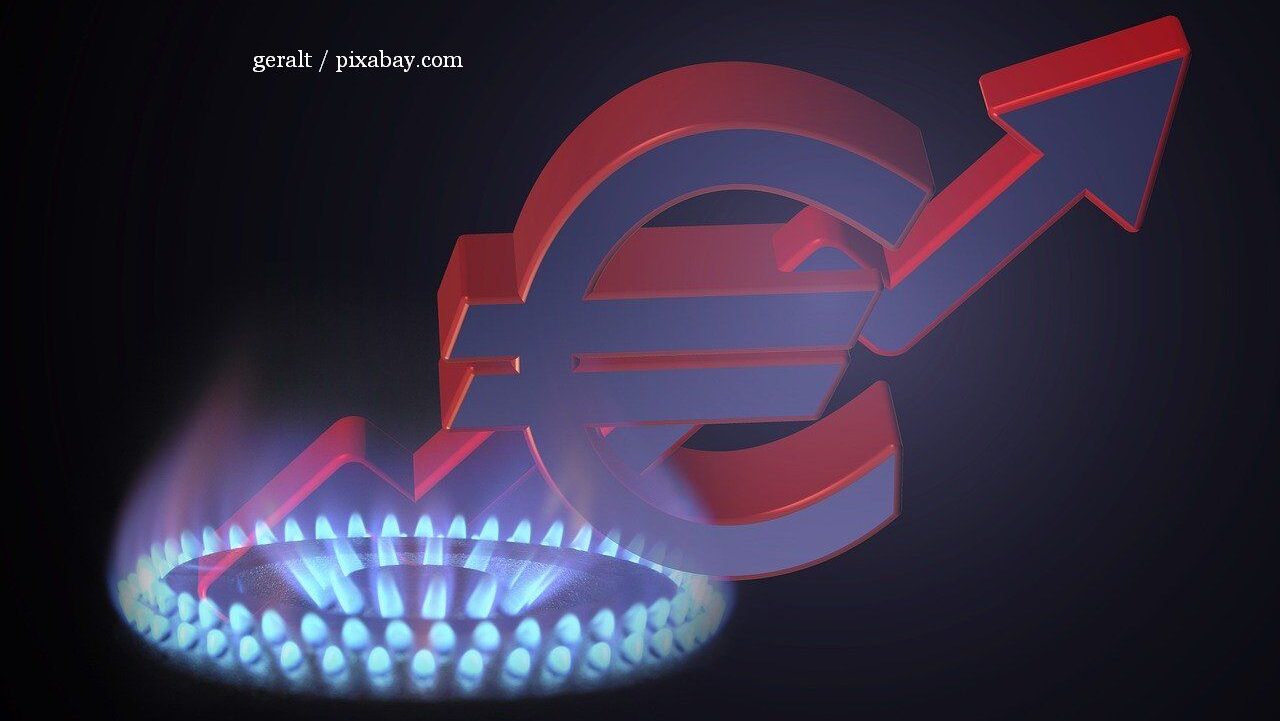Exercising energy resistance

Corina Cristea, 10.01.2025, 14:00
The start of the year brings the future of Europe’s energy supply back in the spotlight, with the cessation of the transit of Russian gas through Ukraine. For Kyiv, the reason why it decided not to extend the transit agreement beyond December 31, 2024, is simple: it wants to leave Moscow without one of the main sources of money, with which it finances its invasion of Ukraine. Heavily dependent on this gas, Slovakia and Hungary, whose prime ministers have good relations with Moscow, have criticized Kyiv for this position, emphasizing that the decision to stop the transit of Russian gas via Ukraine is not a simple political gesture, but an extremely costly measure for the entire EU.
On the other hand, Ukrainian President Volodymyr Zelensky accused the Slovak prime minister of opening a second energy front against Ukraine, at Russia’s order. The picture is completed by the decision of the Russian company Gazprom to halt, as of January 1, the delivery of natural gas to the Dniester region of the Republic of Moldova. Under these circumstances, the power plant in Cuciurgan, located on the left bank of the Dniester, under the control of Russophile separatists, no longer supplies electricity to the districts in the rest of the Republic of Moldova. The little electricity that is now produced is obtained using the coal once brought from Donbas, occupied by Russia. It is the only type of compatible coal, stocks last only for a month or two and cannot be replenished.
Although severely affected by the situation, Dniester, refuses Chisinau’s help. The Moldovan authorities, who have established a state of emergency in the energy sector, have managed, on the other hand, to ensure the smooth supply of electricity and natural gas to consumers on the right bank of Dniester.
Data published by the government shows that half of the electricity needs were covered by imports from Romania, which, fortunately, is the fourth most independent country in terms of imports from Russia, after Sweden, Estonia and Iceland.
At EU level, the war in Ukraine has clearly shown the level of dependence on energy imports, and forced Brussels to find solutions to change the situation. In 2021, European imports from Russia represented 62%, a Eurostat report shows, and currently this share has decreased significantly, also due to the community’s plans for green energy. Faced with the greatest energy challenge, Europe continues to learn to break away from dependence on Russia. Will it manage to ensure its energy security affected by the war in Ukraine? Journalist Radu Tudor, military analyst, explains: “Yes, without a doubt. And last winter we had some threats from Moscow. Even the people at Gazprom made a video about how Europe will freeze, how Europeans will freeze to death without Russian gas, and here we are, we have come out well and, more than that, we have 30%-40% of our gas reserves left in European storages. And I want to give the example of Romania. At the moment, we can get through the winter without any problems. We will occasionally resort to some imports, but that does not mean dependence, that means interconnection. If Europe learns to break away from the toxic dependence on Russia, this will be the best exercise in resistance for us and, last but not least, an example for other areas. We have the bad habit of depending on the Chinese market, because labor is cheaper and profits are higher, we have the habit to depend on India, on Russia, and so on. This, from my point of view, is a great vulnerability for us and we must learn to capitalize on our own resources and, at least in the strategic field, not to leave ourselves in the hands of others, who are also opposed to us in terms of ideology.”
Europe’s energy resilience has been a priority in all European projects for a number of years, but the war in Ukraine has prompted new approaches and has imposed adaptation to the current geopolitical context. From the perspective of resilience in terms of electricity, first of all, in a war situation, mega-projects can turn into mega-vulnerabilities and even into weapons that can be used against the country and the civilian population, specialists have warned. Can small modular reactors be useful in this context? Radu Tudor: “It is, from my point of view, a life-saving idea. And the fact that Romania is one of the few NATO member states, the few states in Europe that implement this technology, is a very, very good example. Romania, in the late 1970s and early 1980s, started a nuclear energy project. Even though we were a communist state, even though we were a Warsaw Treaty state, we launched a nuclear energy project with Canada, a NATO member state, with the involvement of engineers from Italy, a NATO member state, and we developed the Cernavoda power plant. What would come as a natural and logical continuation of the decision at that time and of the Romanian nuclear project would be the SMR technology, which, in my opinion, could prove to be a lifesaver for the resilience of the Romanian state, for helping states like the Republic of Moldova, which are going through extremely difficult times and need Romania’s help.”
Speeding up this project would bring total energy independence to Romania and, more than that, says Radu Tudor, it would make us a net exporter of energy to Europe.






























